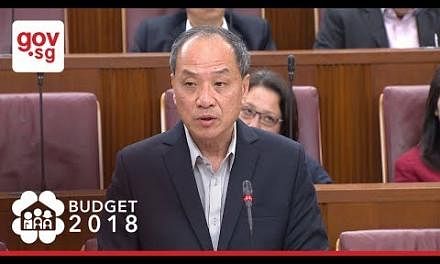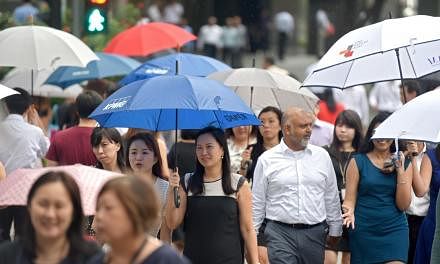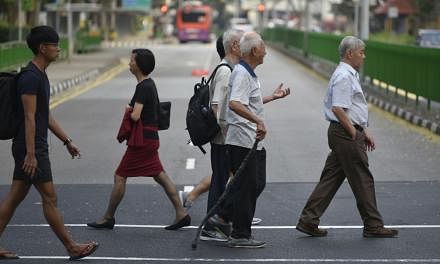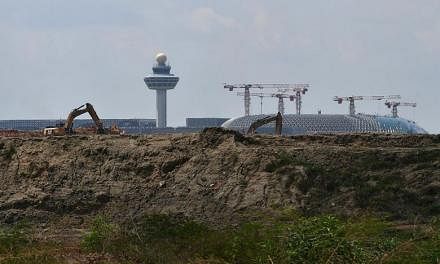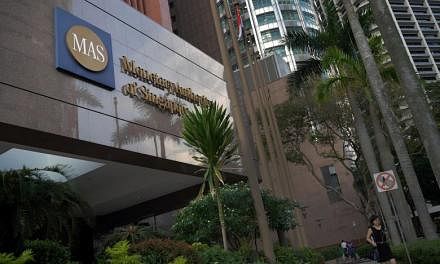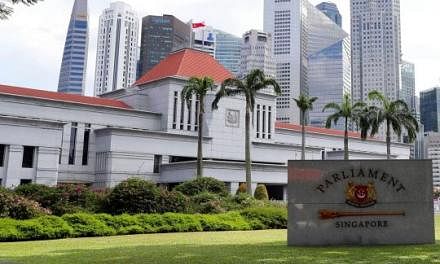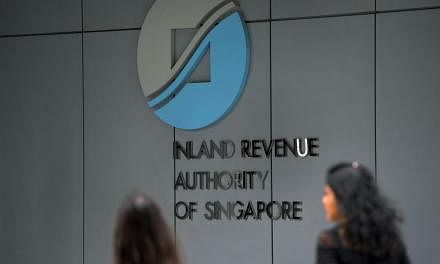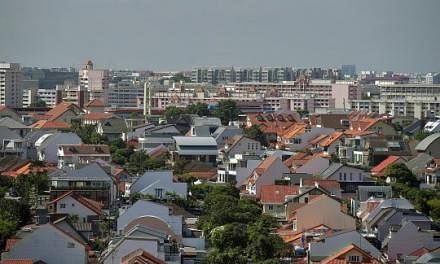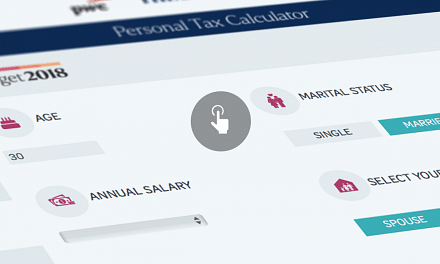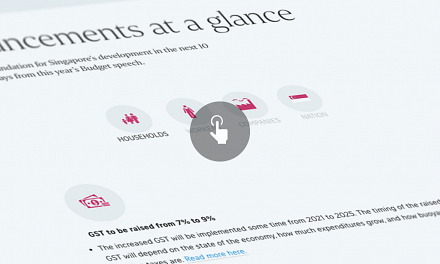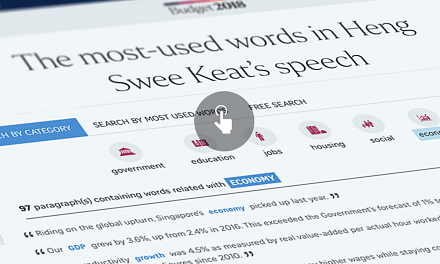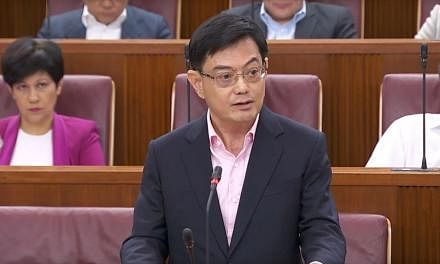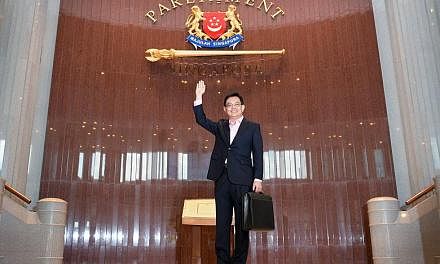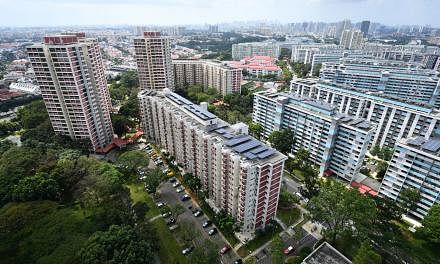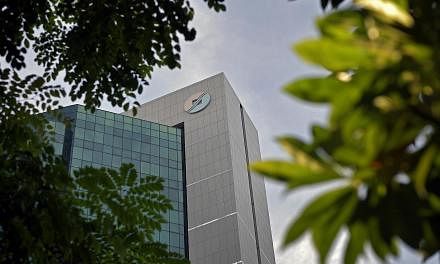A hike in the goods and services tax (GST), the first move to do so in 10 years, was confirmed yesterday in a Budget that laid the ground for challenges ahead, even as a surplus of $9.6 billion was declared that made a "hongbao" cash payout possible.
GST will rise from 7 per cent to 9 per cent, but it will take effect only some time from 2021 to 2025, depending "on the state of the economy, how much our expenditures grow and how buoyant our existing taxes are", Finance Minister Heng Swee Keat said yesterday.
To cushion the impact on the elderly and those with lower incomes, the permanent GST Voucher scheme will get a $2 billion boost this year. There will also be an offset package to help people adjust to the increase.
Mr Heng said a gap remained even after exploring ways to manage future expenditure, such as through being prudent, saving and borrowing for infrastructure, and the GST hike is vital in closing it.
Other revenue-raising measures announced in Mr Heng's Budget statement in Parliament were a one percentage point increase from today in the top marginal stamp duty on residential property, a 10 per cent rise in tobacco excise duty with effect from yesterday and a carbon tax first announced last year that will kick off at $5 per tonne of greenhouse gas emissions from 2019.
GST will be also charged on imported services, such as video and music streaming over the Internet and consultancy and marketing services, from 2020.
These tax measures come as Mr Heng said the 2017 Budget is ending the year with a revised surplus of nearly $10 billion - a jump from the forecast $1.9 billion.
But he said this was lifted by one-off items, including unexpectedly high statutory board contributions and increased stamp duty takings as the property market picked up.
Of this, $700 million will be shared with Singaporeans through a one-off SG Bonus for all those aged 21 and above. Each person will get $100 to $300, depending on income.
But some of it will be saved to pay for big-ticket items, including $5 billion for a Rail Infrastructure Fund and $2 billion for premium subsidies and other support when the ElderShield review is complete.
He urged caution in depending on such exceptional factors for long-term fiscal planning.
While the "positive near-term outlook shows that the hard work of employers, workers and the Government is paying off" - economic growth and productivity improved, boosting the real median income of Singaporeans by 5.3 per cent - Mr Heng explained that his Budget is a "strategic and integrated plan" to ensure a fiscally sustainable and secure future for Singapore.
There were three major shifts to prepare for: a shift in geopolitical economic weight towards Asia after Brexit, and tax and trade changes by the United States; the emergence of new technologies; and Singapore's ageing population.
All three would interact to affect Singapore profoundly, he added.
To prepare for these shifts, measures announced continued on the work of previous Budgets to position Singapore for the future.
There were schemes to move businesses and workers up the value chain to anchor Singapore as a Global-Asia node of technology, innovation and enterprise; projects to improve the living environment; and increased support for charity to foster a caring, cohesive society.
Undergirding these efforts is the need to keep finances sustainable for the long term, said Mr Heng.
To help meet the inevitable rise in public spending, especially in healthcare, infrastructure, security and education, there was a need to act now rather than later, he said.
Indeed, on the increase in GST, he noted: "I expect that we will need to do so earlier rather than later."
This is expected to add 0.7 per cent of GDP a year to government coffers, which works out to more than $3 billion in today's dollars.
For the upcoming financial year, a slight deficit of $0.6 billion, or 0.1 per cent of GDP, is expected amid a Budget that Mr Heng described as expansionary. Ministries' total spending is forecast to rise 8.3 per cent from the 2017 financial year to $80 billion, for example.
To put future Budgets on a sound footing, the Government is studying plans for statutory boards and government-owned companies to borrow for critical national infrastructure projects, and will consider providing guarantees for some of these borrowings.
This will mean committing part of the reserves to back the loans, and will require the assent of President Halimah Yacob and the Council of Presidential Advisers.
Mr Heng said: "This is another way to use the strength of our reserves to back our infrastructure projects without directly drawing on the reserves."
The move will spread the cost of such investments over more years, and ensure the financial burden is distributed equitably between current and future generations.



